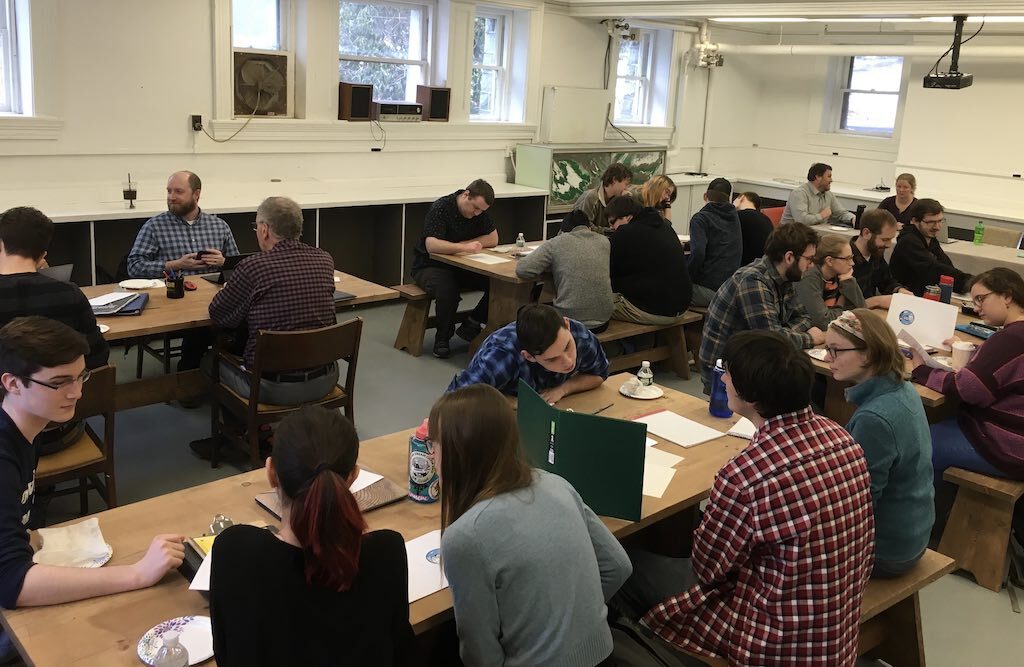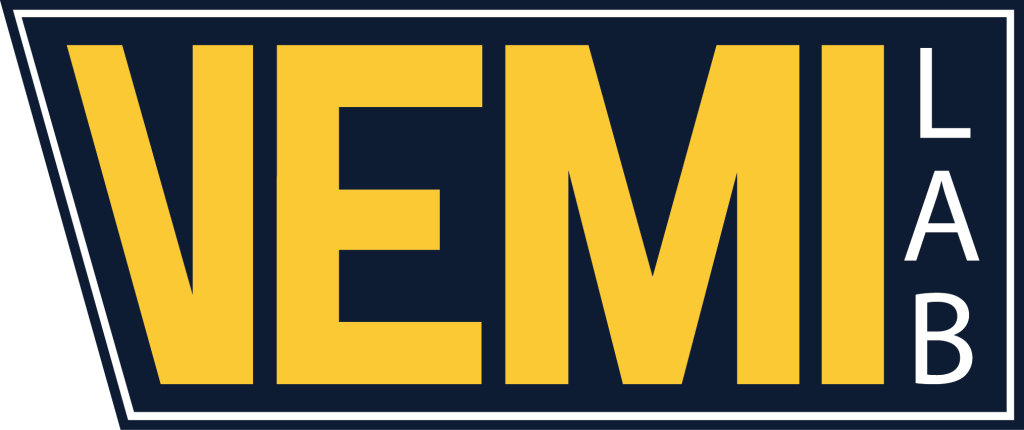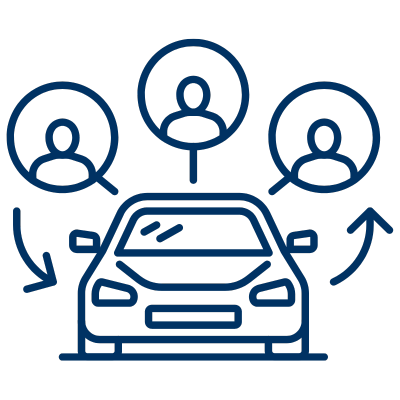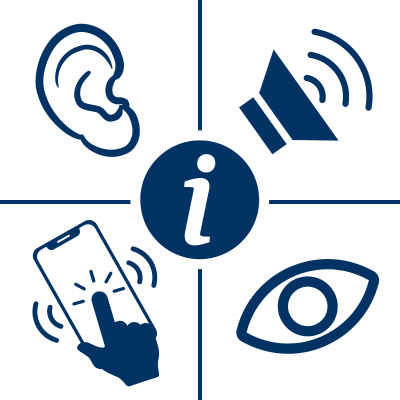Hey, are you interested in participating in research with VEMI?
If so, click on the link below and fill out our survey:
Participate in VEMI Research!
Research – our approach and overview
Our research addresses the ways in which humans interact with and experience technology in three key areas, and we are leaders in transdisciplinary research education at UMaine.
RESEARCH EDUCATION
Research education is a central part of the VEMI experience. All students, regardless of their background, engage in regular research learning experiences as part of their employment at the lab.
The cornerstone of research education at VEMI is our annual Rapid Research Week. VEMI students – and often students from other departments – are divided into teams and presented with unique research questions. Can you smell direction? Can you taste color? Do you describe things using your frame of reference or the vehicle frame of reference? Do people know how hard they can physically push?
Teams receive intensive daily instruction on every aspect of the research process and throughout the week they must design an experiment, run participants, and analyze, and present their results. Once the week is over, students draft papers on their research and submit them for review. Rapid Research Week offers condensed but practical, hands-on research experience and offers students the opportunity for authorship on publications related to their research questions.

SELECT FUNDED RESEARCH PROJECTS
2020 UMaine/NU AI, “Combining Real-Time Deep Learning and Human-Vehicle Collaboration Techniques in Autonomous Vehicles to Assist Older and Visually Impaired Passengers”; N.A. Giudice, UMaine (PI) with R.R. Corey, UMaine (Co-PI), G. Beals, UMaine (Co-PI), X. Lin, Northeastern University (Co-PI), and M. Sun, Northeastern University (Co-PI).
2020 TIDC, “Jetport Automated Shuttle: Demonstration for Durability and Safety”; J. Rubin, UMaine (PI) with R.R. Corey, UMaine(Co-PI), N.A.Giudice, UMaine (Co-PI), K. Ballingall, UMaine (Co-PI), and A. Shirazi, UMaine (Co-PI).
2020 NIH, “Development of a Visual-To-Tactile Conversion System for Automating Tactile Graphic Generation Process”; R.R. Corey, UMaine (PI), with Palani, Hari Prasath (PI), UNAR Labs.
2020 NSF, “Development of a Multimodal Interface for improving independence of Blind and Visually-Impaired people: Phase II”; R.R. Corey, UMaine (PI); with H.P. Palani (PI) and N.A. Giudice, Unar Labs.
2019 NSF, “Improving User Trust of Autonomous Vehicles through Human-Vehicle Collaboration”; N.A. Giudice, UMaine (PI) and R.R. Corey, UMaine.
2019 NSF, “Development of a Multimodal Interface for Improving Independence of Blind and Visually-Impaired people: Phase I”; R.R. Corey, UMaine (PI); with H.P. Palani (PI) and N.A. Giudice, Unar Labs.
2018 NEH, “Preservation and access research and development”; Accessible Civil Rights Heritage Proposal; N.A. Giudice, UMaine (PI); with R.R. Corey, (UMaine) and M. Williams (PI); J. Bell, Dartmouth College.
2018 NSF, “A remote multimodal learning environment to increase graphical information access for Blind and Visually Impaired students”; N.A. Giudice, (PI); with J.K. Dimmel, UMaine; and S.A. Doore, Bowdoin College.




